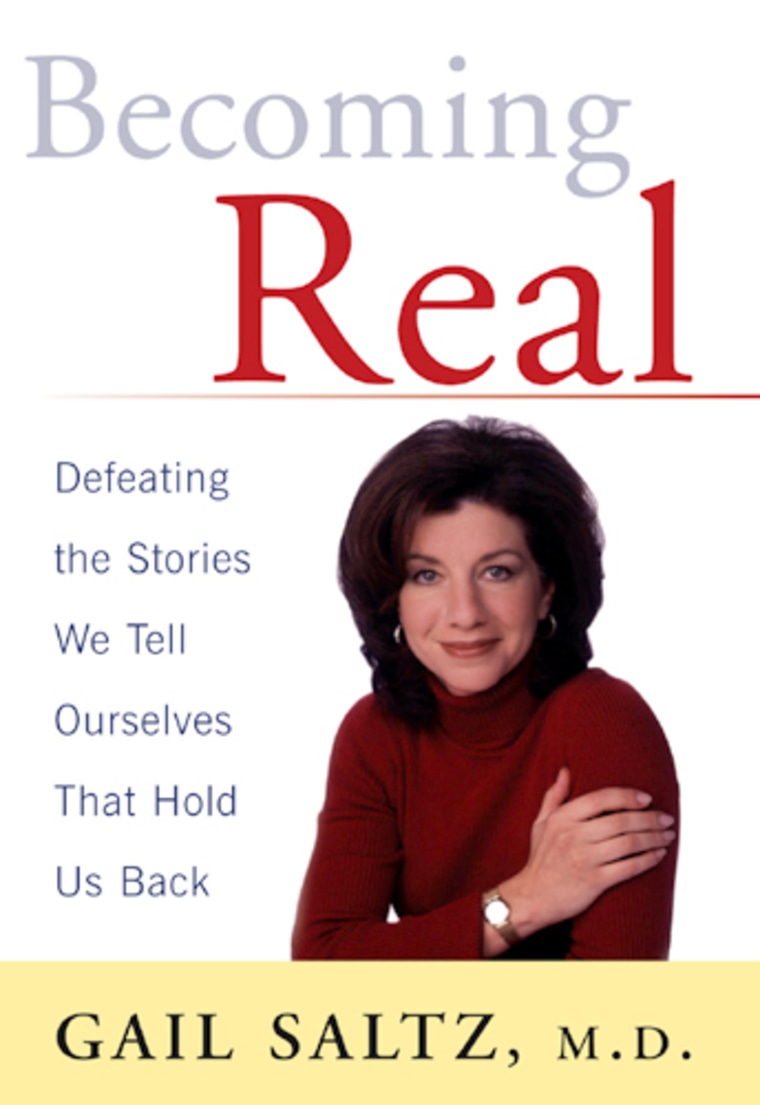Q: I am the 52-year-old mother of a 30-year-old daughter. I am gay, and have been in a relationship for 15 years. We live a quiet, private life. My partner helped me raise my daughter.
However, since my daughter’s marriage four years ago, my daughter has grown cold and kept me at arm’s length. She will not come home for the holidays, always preferring to visit the in-laws. All she says about this is: “You know why.”
I assume it is because of my relationship. I have taken a stand on this and will not visit her again until she comes to see us at our home. How can I get my daughter back?
A: A mother-daughter relationship is a powerful one. So when your daughter disapproves of you and grows distant, for whatever reason, it is devastating.
You say you don’t know for sure why your daughter is avoiding you. Since there has been no discussion of this, you can say to your daughter, “I don’t know what’s going on here. This isn’t making sense to me, though I find it hurtful.” Maybe the problem is something you haven’t thought of.
But if you’ve been in this relationship for 15 years, and your daughter was fine with it until her marriage, it makes sense that her behavior involves her husband or his family. As you know, a marriage or serious partnership brings another person’s relatives — and their opinions — into your lives.
If her husband isn’t comfortable with your lifestyle, your daughter might feel forced into a choice between her mother and her husband — just as you feel forced into a choice between your daughter and your partner.
I applaud you for taking a stand. You are right to feel that your partner, who is an integral part of your life, must be included — just as everyone else’s spouse is included.
But if your approach is somehow not working in drawing your daughter closer, you clearly haven’t found a good solution.
I would advise you to go on the offensive, but slowly. Meet privately with your daughter and bring this topic to light, no matter how difficult and uncomfortable it might be.
Tell your daughter you are entitled to have love in your life, just as she is. Your homosexuality is not a choice, like whether to live in the city or the country. It is a function of biology.
That said, you should try to go some distance to meeting her concerns. See what compromises you can make, as long as these compromises do not include alienating your partner. You need to take baby steps toward a more involved mother-daughter relationship, with the hope that your daughter will see that your lifestyle isn’t threatening.
For example, she and her husband can visit your home on a minor holiday or the day after a holiday. At some future time, you can plan a celebration on a major holiday.
You and your partner can meet your daughter and her husband on neutral turf, like at a restaurant. Perhaps you can arrange a gathering with everyone, including the in-laws, who may have much to do with your daughter’s discomfort. The idea is, bit by bit, to remind them you are a good person and a good parent, and that your partner is, too.
Another approach is to write your daughter a letter or an e-mail, as long as you reflect on it and don’t send it impulsively. Writing your feelings down can defuse a tense situation, whereas reacting in the heat of the moment can inflame it.
Over time, people change and their life experiences expand. If your daughter has children of her own, for example, she might become more forgiving toward you, since she will have a new appreciation of the role of parent.
In the end, though, you cannot force your daughter to accept you and your partner. Though it would be a terrible loss for all concerned, you might have to live with the unfortunate truth of a cooler relationship than you would prefer.

Dr. Gail Saltz is a psychiatrist with New York Presbyterian Hospital and a regular contributor to “Today.” Her first book, “Becoming Real: Overcoming the Stories We Tell Ourselves That Hold Us Back,” was published in 2004 by Riverhead Books. It will be available in a paperback version in June 2005. Her latest book, "Amazing You," helps parents deal with preschoolers' questions about sex and reproduction. It will be published in May 2005. For more information, you can visit her Web site, .
PLEASE NOTE: The information in this column should not be construed as providing specific medical or psychological advice, but rather to offer readers information to better understand their lives and health. It is not intended to provide an alternative to professional treatment or to replace the services of a physician, psychiatrist or psychotherapist. Copyright ©2005 Dr. Gail Saltz. All rights reserved.